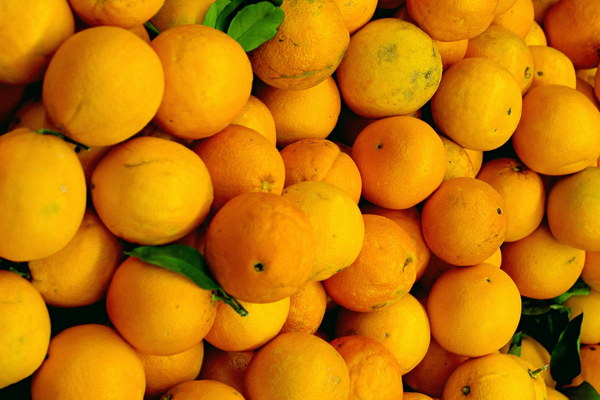An Overview of Tunisia's Dietary Supplements Regulations Compliance and Market Insights
In recent years, the dietary supplement industry has seen significant growth globally, and Tunisia is no exception. To ensure the safety and quality of these products, the Tunisian government has established a comprehensive set of regulations governing the production, distribution, and marketing of dietary supplements. This article provides a summary of the key aspects of Tunisia's dietary supplement regulations, highlighting the compliance requirements and market insights for industry players.
1. Regulatory Framework
Tunisia's dietary supplement regulations are primarily based on Decree No. 2018-90 of 29 January 2018, which aims to protect consumers from unsafe products and to promote the well-being of the population. The regulations are enforced by the Tunisian Food Safety Agency (AFS), which is responsible for monitoring compliance with the laws and regulations related to food safety, including dietary supplements.

2. Registration and Labeling Requirements
All dietary supplement products sold in Tunisia must be registered with the AFS. The registration process involves submitting detailed information about the product, including its ingredients, manufacturing process, and safety data. The AFS reviews the application and may require additional information or conduct inspections before granting approval.
Labeling requirements are also stringent. Dietary supplement labels must clearly indicate the following information:
- Name of the product
- Net quantity
- List of ingredients, including their quantity and form
- Recommended daily intake
- Instructions for use
- Warning statements, if applicable
- Manufacturer's and importer's information
- Registration number issued by the AFS
3. Quality and Safety Standards
Tunisia's regulations stipulate that dietary supplements must meet specific quality and safety standards. Manufacturers must ensure that their products are free from contaminants, do not contain harmful levels of heavy metals, and are produced under hygienic conditions. The AFS may conduct inspections and sampling to verify compliance with these standards.
4. Advertising and Marketing
Advertising and marketing of dietary supplements in Tunisia are subject to strict guidelines. Claims made in advertisements must be supported by scientific evidence and must not mislead consumers. False, deceptive, or misleading advertising is prohibited. Additionally, advertisements must be accompanied by a clear statement indicating that dietary supplements are not intended to diagnose, treat, cure, or prevent any disease.
5. Compliance and Market Insights
For companies looking to enter the Tunisian market, compliance with the above regulations is crucial. This includes investing in the necessary documentation, ensuring quality control measures, and adhering to labeling standards. Companies may also need to partner with local distributors or manufacturers to navigate the market effectively.
The Tunisian dietary supplement market is growing, driven by an increasing awareness of health and wellness among consumers. However, competition is also intensifying, with both local and international brands vying for market share. Companies that can demonstrate compliance with the regulations and offer high-quality, scientifically-backed products are likely to succeed in this dynamic market.
In conclusion, Tunisia's dietary supplement regulations are designed to protect consumers and ensure the safety of dietary supplement products. Compliance with these regulations is not only a legal requirement but also a key to success in the Tunisian market. Companies should take the time to understand and adhere to these rules to establish a strong presence in this growing industry.









